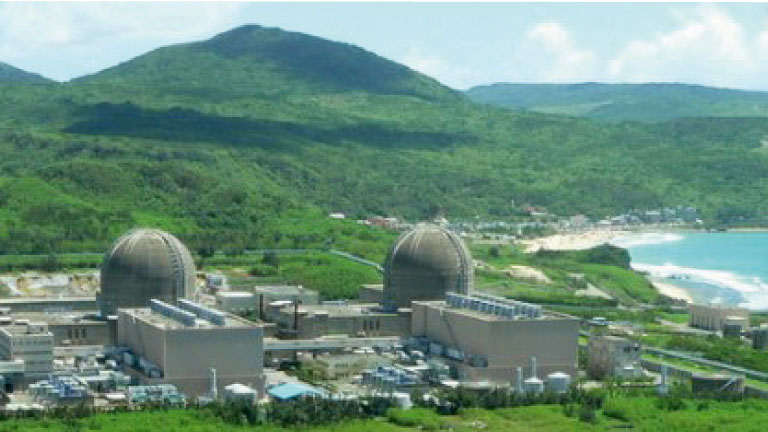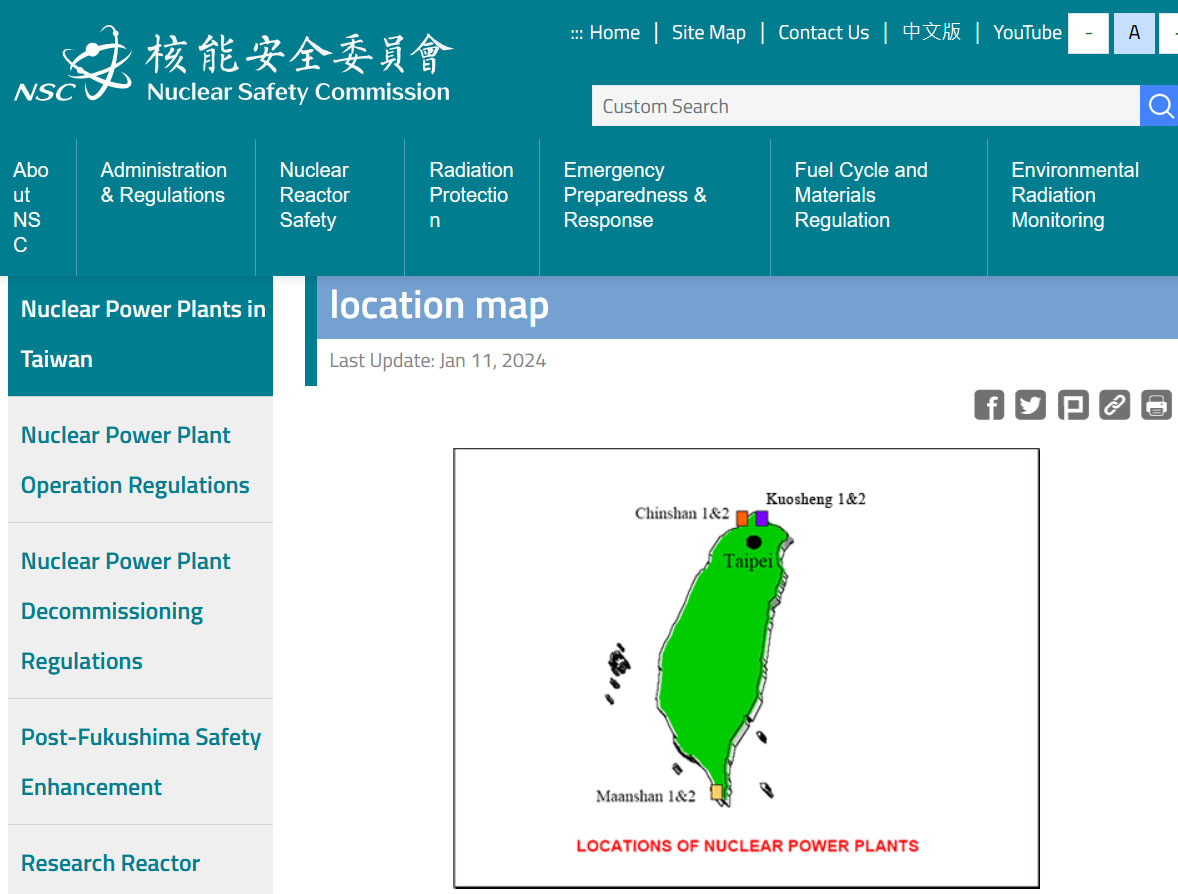
There are signs that Taiwan is considering a change in direction regarding its energy policy. In an interview with Bloomberg, Taiwanese Premier Cho Jung-tai signaled that future nuclear energy technology may be adopted to address the island's needs. This is a significant change for the Taiwanese, as existing nuclear power facilities have been run down with no direct replacement plans, and only one reactor remains in operation as of 2024. An ample and stable electricity supply is essential to the island's widely envied semiconductor industry.
Over the last decade or two, the relatively small island of Taiwan has been decommissioning nuclear power plants with no plans for like-for-like replacements. The public was convinced that the move away from nuclear power was a wise policy direction after the 2011 Fukushima incident in neighboring Japan caused such calamity.
Remember, Taiwan is relatively small and densely populated, with 23 million people living on an earthquake and typhoon-prone sweet potato-shaped island that is just 245 miles long and 90 miles across. However, in a 2018 referendum, the public decided to abolish an amendment to the Electricity Act, which had put plans for a "nuclear-free homeland" into law.

In the Bloomberg interview, Cho begins by happily discussing the great level of vertical integration enjoyed by the Taiwanese industry and the need for growth to continue. That looks likely, with the AI boom showing little or no signs of slowing down—meaning Taiwan's semiconductor industry isn't going to get any rest anytime soon.
Responding to the highlighted need for growth, a bedrock of most, if not all, capitalist societies, Bloomberg's Matt Winkler asked how Taiwan will address the corresponding growth in power requirements. Knowing about the island's sidelining of nuclear energy for a substantial recent period, Winker queried whether new nuclear technology would be an option for Taiwan.
Cho responded by talking about other countries developing nuclear power using new technologies. Nuclear energy production has advanced quite a way since Taiwan commissioned massive power stations reliant on nuclear fission. There has been a lot of talk in the tech world about advanced fission and fusion power generation, as well as advances in small modular nuclear reactors and even micro nuclear reactors powering data centers. Amazon is the latest tech titan to jump on the nuclear bandwagon, investing in nuclear power AI data centers.
The Taiwanese Premier remained cautious when pressed about adopting nuclear power, though. He implied there was no rush, insisting that the Taiwanese industry had enough power to come online to meet the requirements by 2030. The island has quickly embraced renewables and is well-positioned for power through wind, sea, solar, and geothermal sources. According to WNN, Taiwan's currently targeted energy mix is 20% from renewable sources, 50% from liquefied natural gas, and 30% from coal.
However, Cho next suggested that work on new nuclear power plants was not going as Taiwan's nuclear professionals were still busy taking on decommissioning work.
Of Taiwan's three state-run nuclear power plants at Chinshan, Kuosheng, and Maanshan, only the latter still operates. Unit 1 at Maanchan was shuttered in July, with Unit 2 set to end energy production (after 40 years) in May 2025. Cho raised the potential issue of qualified staff leaving the industry and mentioned how vital it was to keep them from being disbursed. The best way forward is to have some new nuclear energy projects for them all to work on as soon as possible (after May 2025).







